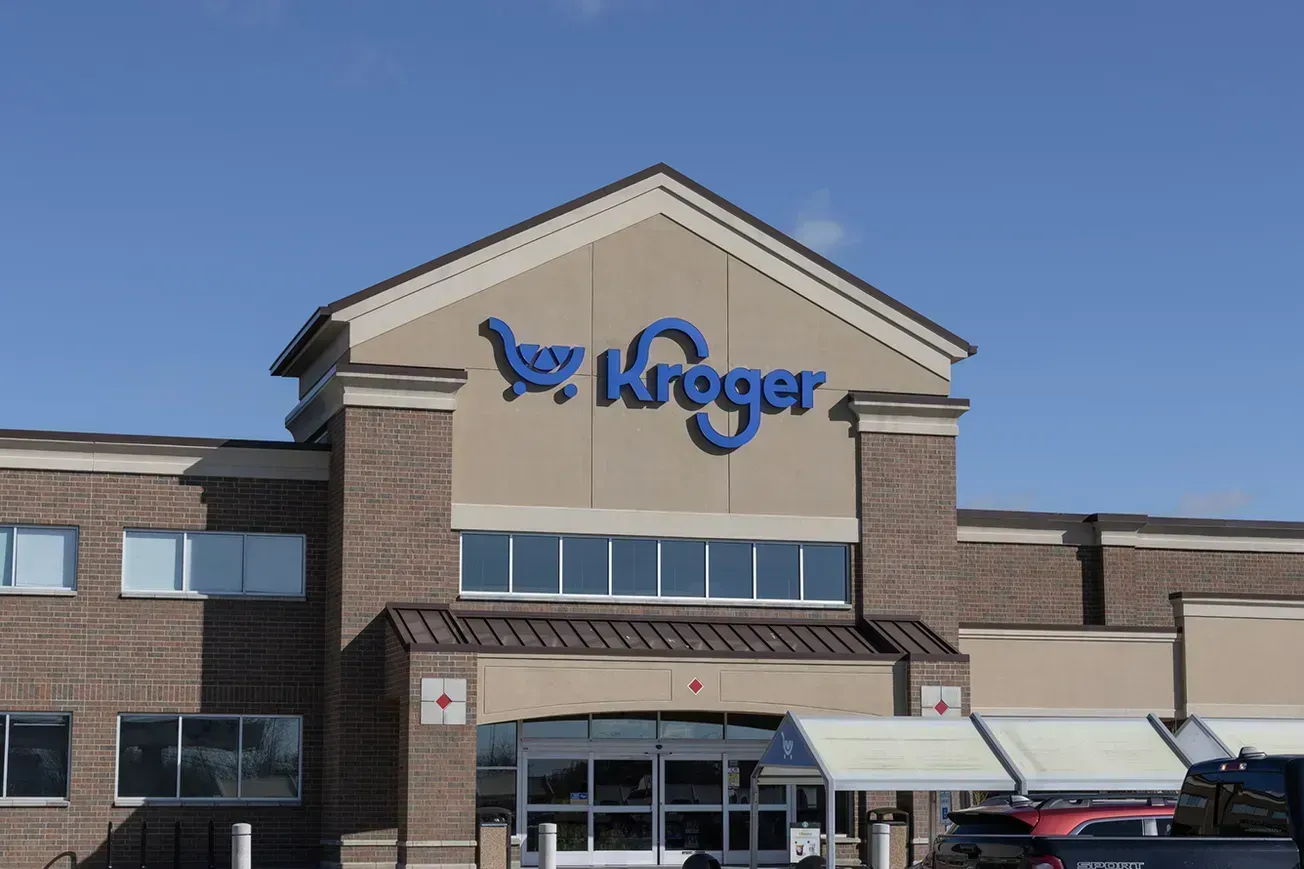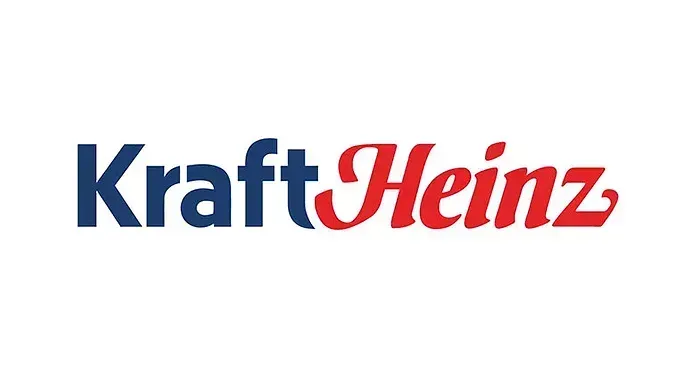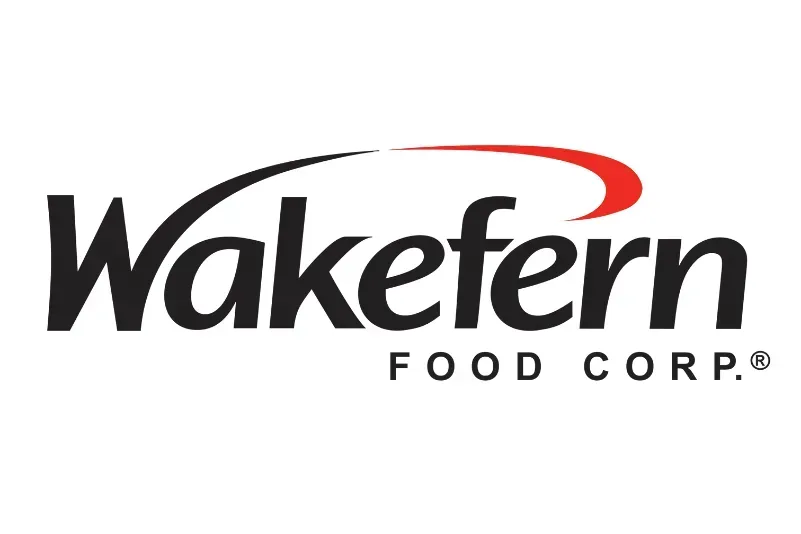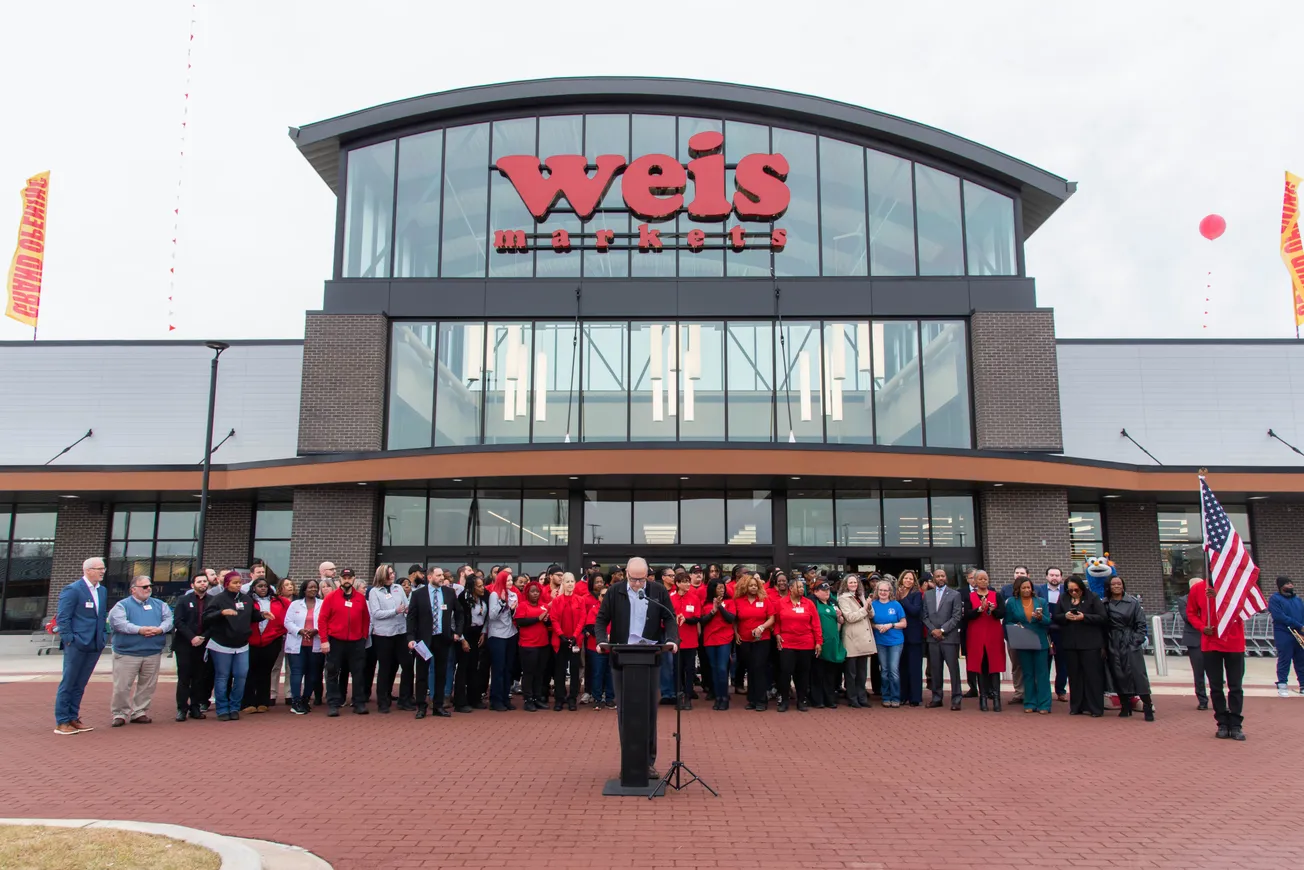The nation’s community pharmacy operators are once again being asked to help support the rollout of government programs designed to improve the health of Americans and ease the financial burden of care. Last month, the Biden administration convened a roundtable with industry leaders at the White House to discuss what retail pharmacy can do to get the word out about relevant provisions of the Inflation Reduction Act.
 Hosted by Health and Human Services Secretary Xavier Becerra, Centers for Medicare and Medicaid Services Chiquita Brooks-LaSure and Neera Tanden, director of the domestic policy council at the White House, the event was an opportunity for the government and pharmacy to coordinate efforts to educate patients about how they can benefit from the law. New benefits include free immunizations for Medicare recipients who have prescription drug coverage; a cap on the cost of a month’s supply of insulin at $35; and, beginning at the start of 2024, the expansion Extra Help, a program which assists low-income senior citizens and people with disabilities cope with the high cost of premiums and prescription medications.
Hosted by Health and Human Services Secretary Xavier Becerra, Centers for Medicare and Medicaid Services Chiquita Brooks-LaSure and Neera Tanden, director of the domestic policy council at the White House, the event was an opportunity for the government and pharmacy to coordinate efforts to educate patients about how they can benefit from the law. New benefits include free immunizations for Medicare recipients who have prescription drug coverage; a cap on the cost of a month’s supply of insulin at $35; and, beginning at the start of 2024, the expansion Extra Help, a program which assists low-income senior citizens and people with disabilities cope with the high cost of premiums and prescription medications.
The group of industry representatives — which included executives from CVS Health, Rite Aid, Walgreens Boots Alliance and Walmart, as well as the National Association of Chain Drug Stores, the National Community Pharmacists Association, the American Pharmacists Association and American Society of Health-System Pharmacists — was asked to marshal community pharmacy’s infrastructure and the trust that people have in the profession to make sure consumers are aware of the new benefits, as well as encouraging individuals who qualify for Medicaid and the Children’s Health Insurance Program to renew their coverage or risk losing it.
This isn’t the first time that the federal government has turned to pharmacy to bolster public health. When Medicare Part D was launched almost two decades ago, the industry was asked to play a role similar to the one that it is now taking on. And, in a more crucial intervention, the industry made it possible to immunize millions of Americans against COVID-19. Without the more than 300 million vaccine doses administered in community pharmacies, the pandemic would have been longer in duration and caused even more devastation.
Based on past experience, the industry has reason to be confident that it will meet and exceed the goals that the Biden administration has established. The challenge it faces is turning the goodwill that will result into meaningful long-term gains. Too often in the past, pharmacy has stepped up to meet a pressing challenge, only to recede into the background after it has been addressed.






